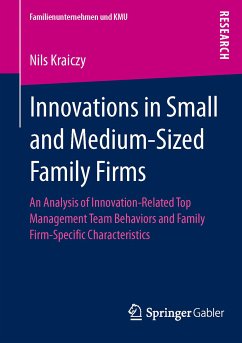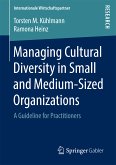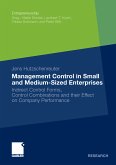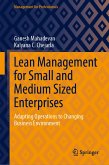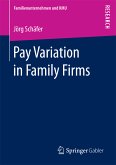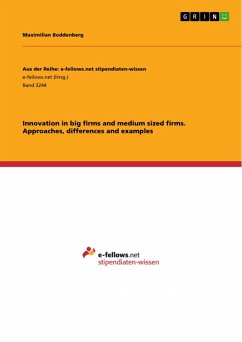Small and medium-sized firms are a prevalent organizational form in Germany. Their importance for the German economy is indisputable. Most of them are global market leaders in their niches and are considered to be a force for innovation in the German economy. The ability to be innovative in niche markets has been identified as the antecedent of their strong, or even dominant, competitive positions in their industries. The driver of this innovation success may well be the family, which distinguishes family firms from non-family firms. Nils Kraiczy analyzes if a family influences innovation in a family firm and if this influence has only positive effects. The dissertation focuses on the impact of top management teams on innovations interacting with family firm-specific characteristics. The author shows the complexity of family influence by presenting different effects of each investigated family firm-specific characteristic on the relationship between top management team behavior andinnovation.
Contents
n Research on Family Firms
n Innovation and Firm Performance
n Top Management Teams (TMTs) in Family Firms
n TMT Risk-Taking Propensity and New Product Portfolio Innovativeness
Target Groups
· Researchers and students in the fields of management and innovation
· Executives in family firms
About the Author
Dr. Nils Kraiczy wrote his dissertation under the supervision of Prof. Dr. Andreas Hack at the INTES Institute for Family Businesses at WHU - Otto Beisheim School of Management, Vallendar.
Abou the Editors
The series Familienunternehmen und KMU is edited by Prof. Dr. Andreas Hack, Prof. Dr. Andrea Calabrò, Prof. Dr. Hermann Frank, Prof. Dr. Franz W. Kellermanns Ph.D. and Prof. Dr. Thomas Zellweger.
Dieser Download kann aus rechtlichen Gründen nur mit Rechnungsadresse in A, B, BG, CY, CZ, D, DK, EW, E, FIN, F, GR, HR, H, IRL, I, LT, L, LR, M, NL, PL, P, R, S, SLO, SK ausgeliefert werden.

